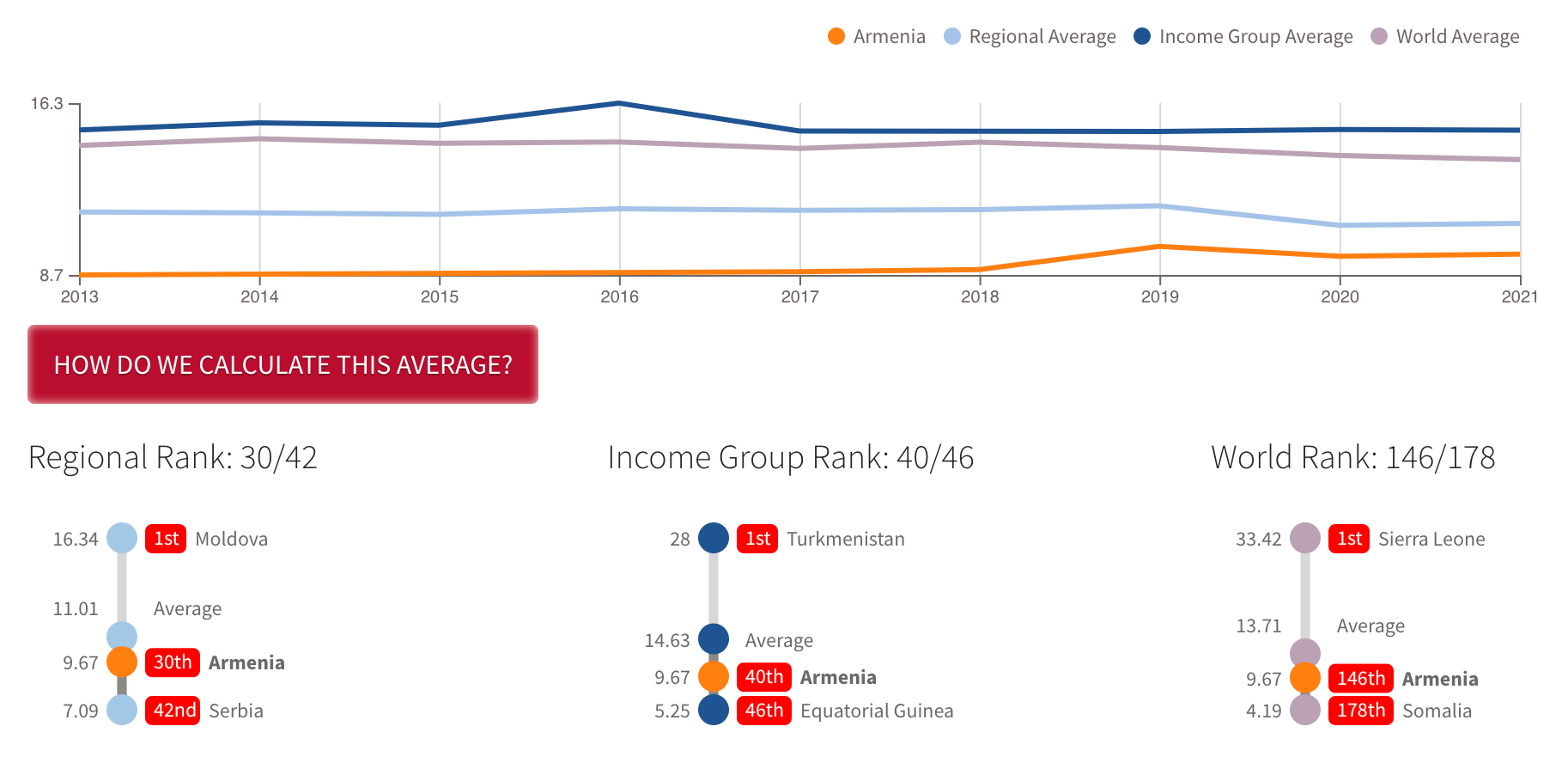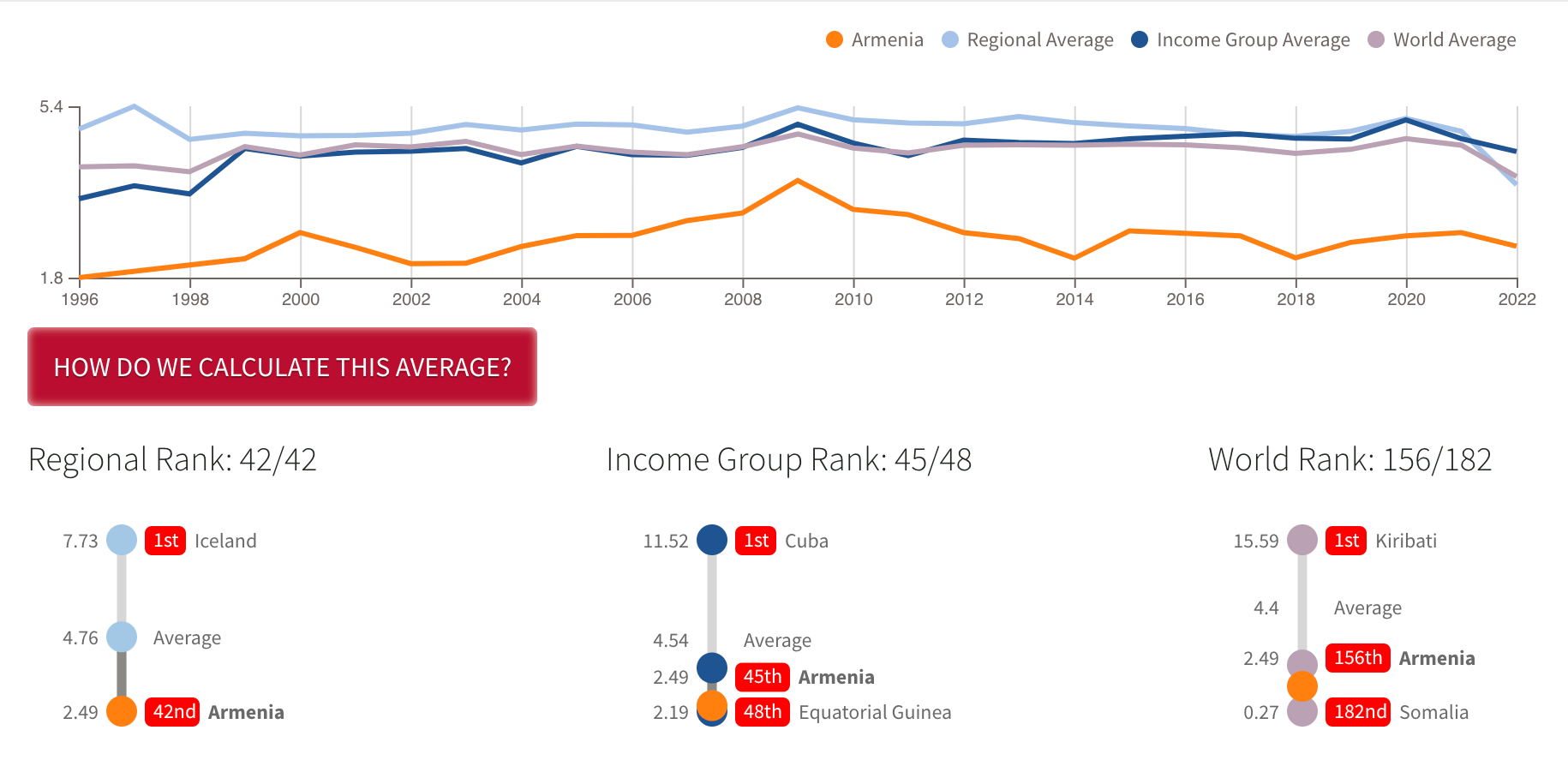Discussing media literacy and digital security multiple times a day has become commonplace. This topic is not just trendy but also relevant, pressing, and significant. Additionally, its importance is proliferating due to the hostile information landscape and the rising levels of digitization.
Naturally, the number of discussions regarding how to foster a media-literate society is increasing. However, there are several almost unbeatable challenges to addressing this issue in the current landscape.
Reason A. The dangers are exponentially increasing in quantity and quality, yet our progress in media literacy is, at best, linear, if not failing altogether.
Reason B. In the upcoming years, the digitization of various aspects of life and transformations in the media sphere will be even more extensive while society struggles to adapt to the current changes.
Reason C and the most important out of three. In order to discuss and develop media literacy, it is essential to have a strong foundation in general literacy. For instance, having a serious conversation about a Book Giving event with someone who lacks basic literacy skills is difficult. Similarly, without knowing how to calculate interest rates, individuals may fall prey to fake investment schemes that can cause financial harm. Knowledge of physiology and the human body is crucial to identifying and avoiding false health information. Without a basic understanding of geography, people may be susceptible to misinformation and absurd geopolitical analyses. Therefore, general literacy serves as a fundamental building block for media literacy and critical thinking skills.
What is the current state of education in our country? I won’t go into analyzing the test results or the curriculum, as it is a lengthy and subjective process. Instead, let’s focus on a simple indicator to help us understand the government’s approach to education. We can compare the budget expenditures on education with other essential areas.
According to data from USAID, education expenses comprise less than 10 percent of the Armenian government’s total expenses, and the country is ranked 146 out of 178 countries in terms of education standards. This indicates that the state has minimal requirements for education. Although there has been a slight increase in recent years, it has not yet made a significant impact.

The percentage of GDP spent on education is disheartening.

It is doubtful that a society can be media-literate with such an approach. Although my question is rhetorical, some may argue that this is an innovative miracle in Armenia. Despite a lack of literacy, we are attempting to create a media-literate society. We have already mastered the art of paving asphalt in the rain; now, we must master yet another unachievable goal.







